At AllThingsNature, we're committed to delivering accurate, trustworthy information. Our expert-authored content is rigorously fact-checked and sourced from credible authorities. Discover how we uphold the highest standards in providing you with reliable knowledge.
How can I Conserve Energy?
Your ability to conserve energy can save you plenty of money per year in energy costs, and is also a terrific way to help our ailing planet. You will find numerous suggestions for how to conserve energy, and these can range from rather elaborate things to very simple things. Mainly what you’re attempting is to cut down on the amount of electricity and gas that you use, and this can be accomplished in a number of ways.
First, there are some simple modifications you can make which will conserve energy. Consider using mass transit when you can instead of using your own car, and if you don’t have this option available to you, try to carpool with others to get to locations like work. Set up things like carpools for taking kids to school or have kids take the school bus, and plan your trips carefully so that you don’t make unnecessary trips. For instance, shopping once a week or once every two weeks instead of going to the store every day for food will conserve energy and save you money on gas.

Your feet are your best friends in helping you to live green. If you can walk or bike to locations within your reach, you’ll not only be saving on gas but you’ll also be healthier. If you live a reasonable distance from work or from your children’s school, consider walking or biking to these locations. Living near to a central shopping area can also help you save since you can walk to retail stores and save the price of trip by car there.

Lots of those who would have you conserve energy recommend that you buy energy saving appliances and that you make some modifications to your home to better heat and cool your home. Having double paned windows and excellent weather-stripping will certainly help, and having adequate insulation also promotes energy conservation.
Of course not everyone owns their home or can afford these modifications. For less money, you can make sure to add caulking and weather-stripping around doors and windows. While this may not be as effective, it can still reduce the amount of heat or coolness you lose, and it’s fairly inexpensive if you do it yourself. You can also help promote more even temperature in your home by having window and floor coverings.

Other energy saving tips include making sure your refrigerator is turned up to 37 degrees F (2.78 degrees C), washing your clothes in cold or warm water, turning your water heater down to 120 degrees F (48.89 degrees C), and setting your heating thermostat for 68 degrees F (20 degrees C) in winter. In summer if you have air conditioning, you should set your thermostat for 78 degrees F (25.56 degrees C) or even a little higher if warm weather doesn’t bother you. Using energy efficient ceiling fans to cool down your home can conserve energy even more.

Another simple things is to make sure you purchase even small kitchen appliances (when you need them) that are energy efficient. You can also conserve energy by replacing your light bulbs with compact fluorescent bulbs. Shut off or unplug appliances (except your fridge) when they are not in use.
These suggestions are fairly easy to follow and are only the tip of the iceberg if you want to conserve energy. There is really so much more you can do and little modifications you can make to the way you live that will be of great help. Getting the family involved to conserve energy can be very effective, as everyone from young to old has a stake in protecting our environment.
Frequently Asked Questions
What are the most effective ways to conserve energy at home?

Conserving energy at home can be achieved through simple measures such as switching to LED bulbs, which use at least 75% less energy than incandescent lighting, according to the U.S. Department of Energy. Additionally, sealing leaks, insulating your home, and using energy-efficient appliances can significantly reduce energy consumption. Programmable thermostats can save up to 10% on heating and cooling costs annually.
How does reducing energy use benefit the environment?

Reducing energy use lessens the demand for fossil fuels, which are the primary source of greenhouse gas emissions contributing to climate change. According to the Environmental Protection Agency, for every kilowatt-hour of electricity saved, the equivalent of 1.34 pounds of carbon dioxide is kept out of the atmosphere, helping to mitigate global warming and reduce air pollution.
Can conserving energy also save me money?

Absolutely! Conserving energy reduces utility bills. The U.S. Department of Energy reports that energy-efficient appliances can save the average household about $500 per year. Additionally, simple actions like turning off lights and unplugging electronics when not in use can result in noticeable savings on your energy bills over time.
What role does water conservation play in energy conservation?
Water conservation is intrinsically linked to energy conservation. Heating water for showers, laundry, and dishwashing accounts for a significant portion of household energy use. By using low-flow fixtures and reducing water waste, you not only save water but also the energy required to heat it. The U.S. Environmental Protection Agency estimates that if one in every 100 American homes used water-efficient fixtures, about 100 million kWh of electricity per year would be saved—avoiding 80,000 tons of greenhouse gas emissions.
Is it important to consider energy conservation in transportation?
Transportation is a major consumer of energy, primarily in the form of gasoline and diesel fuels. Opting for public transportation, carpooling, biking, or walking when possible can significantly reduce your energy footprint. For those who drive, maintaining your vehicle's efficiency through regular service and proper tire inflation can improve fuel economy, with the potential to save up to 0.6% to 3% of fuel, as noted by the U.S. Department of Energy.
How does investing in renewable energy contribute to energy conservation?
Investing in renewable energy sources like solar, wind, or geothermal helps conserve energy by reducing reliance on non-renewable resources that are environmentally damaging. Renewable energy systems often have higher upfront costs but lead to long-term savings and sustainability. The International Renewable Energy Agency (IRENA) highlights that renewable power generation costs have been falling and are increasingly competitive with fossil fuel sources.
AS FEATURED ON:
AS FEATURED ON:











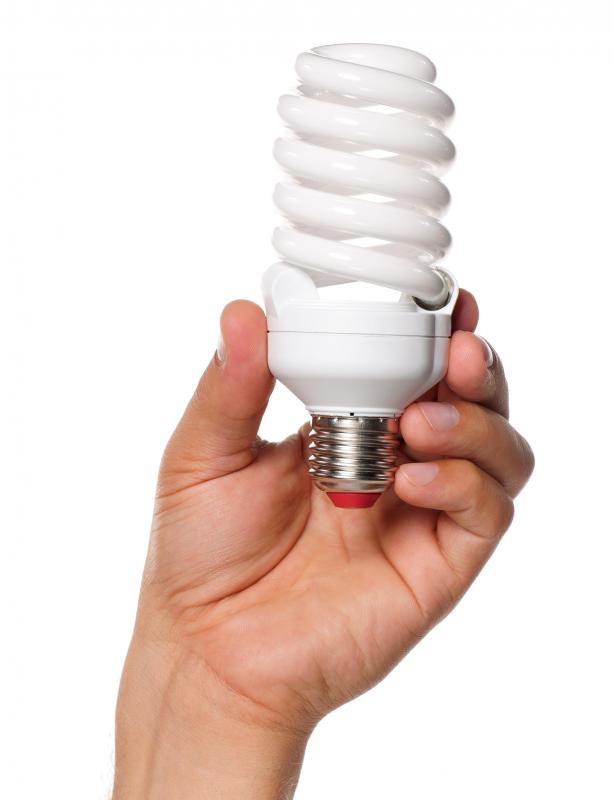
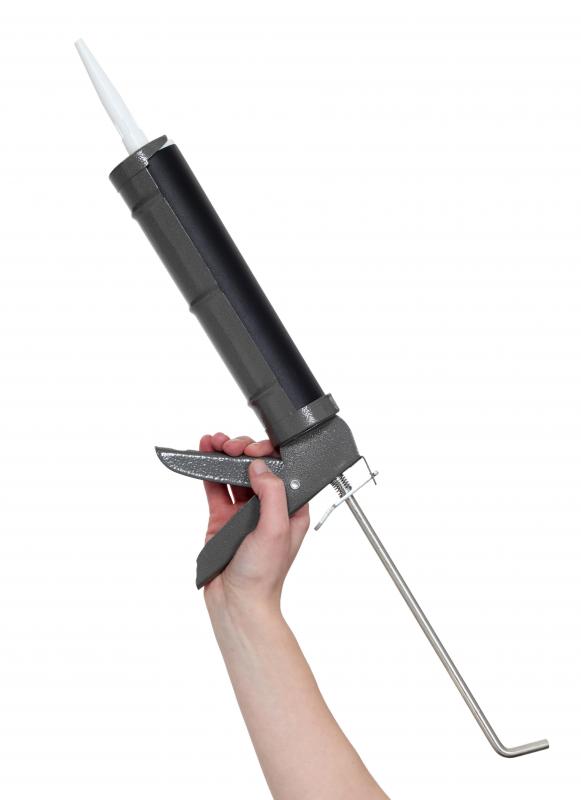
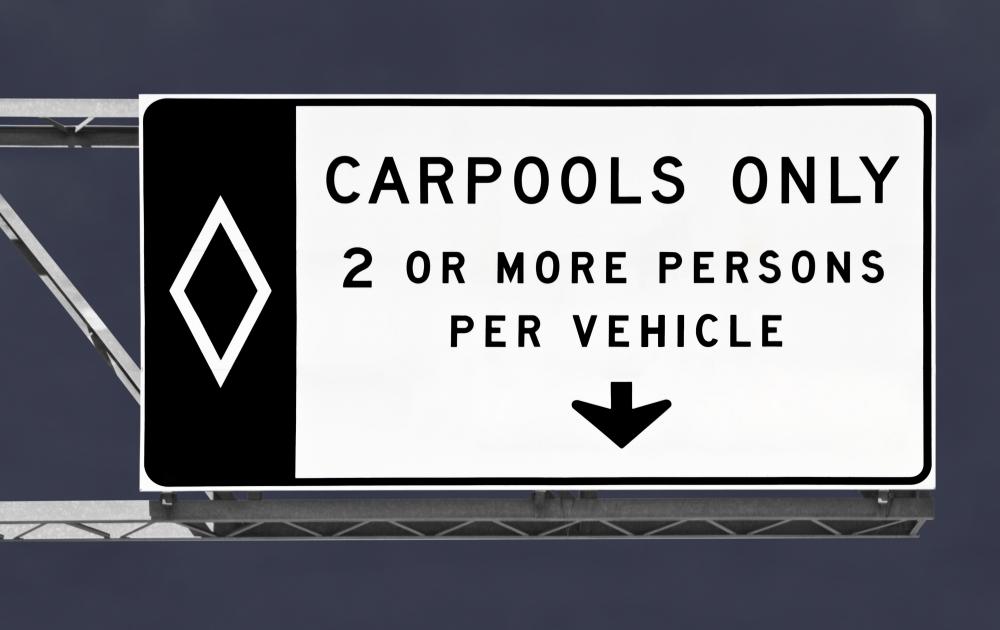
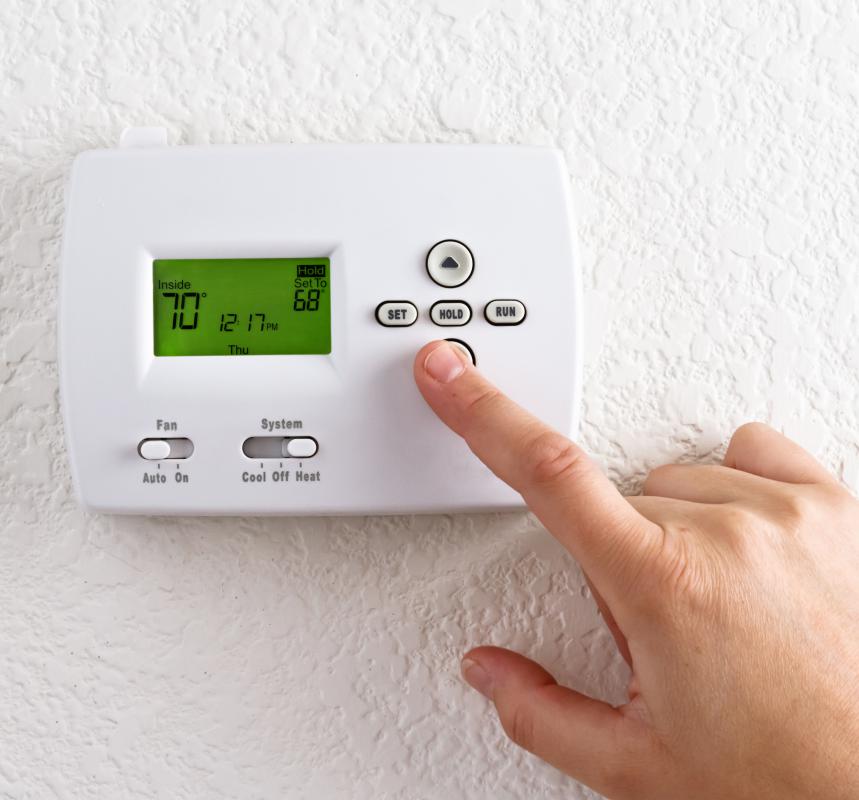
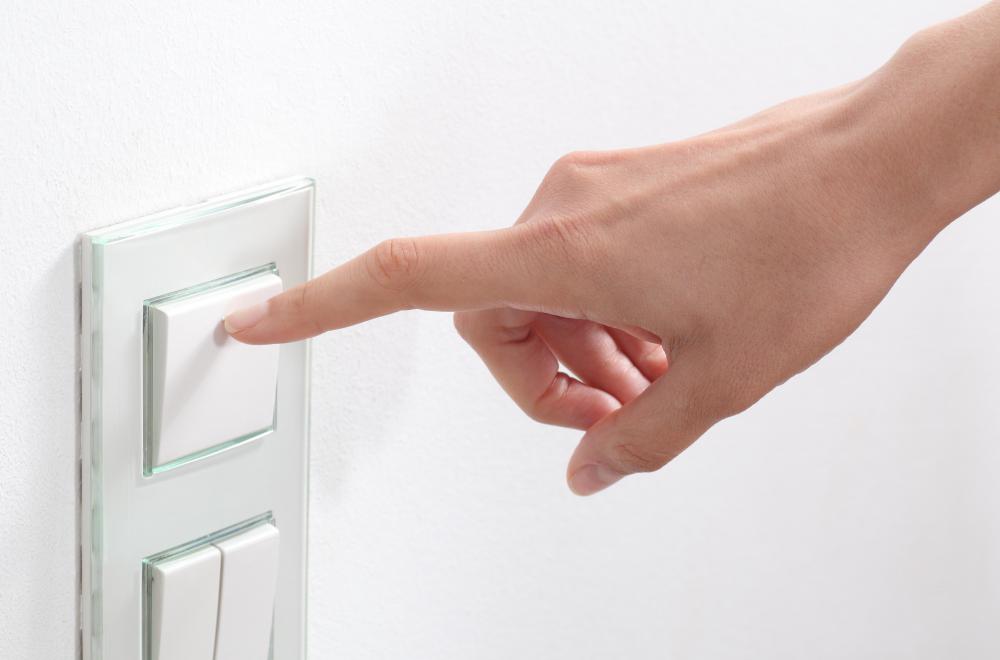

Discuss this Article
Post your comments